According to the official announcement from the Ministry of Industry and Trade , the US will impose a 20% reciprocal tax on Vietnamese goods exported to the US from August 7. Notably, this tax rate is higher than the 19% rate applied to Thailand, Indonesia, the Philippines and Cambodia - countries with the same strong export products as Vietnam. However, on a larger scale, the 20% figure puts Vietnam in the position you are seeing: higher than ASEAN, lower than many global competitors. Many comments say that this context is bringing both opportunities and challenges for Vietnam's exports.
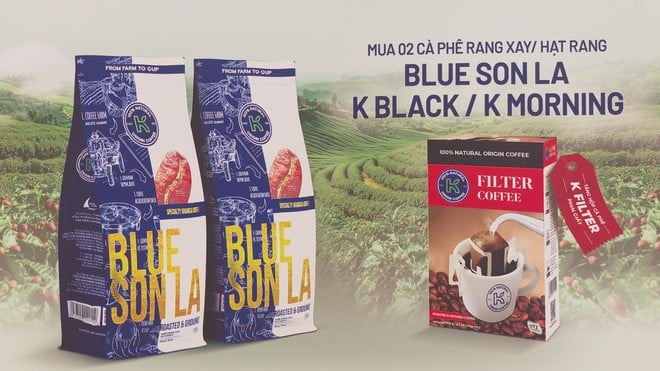
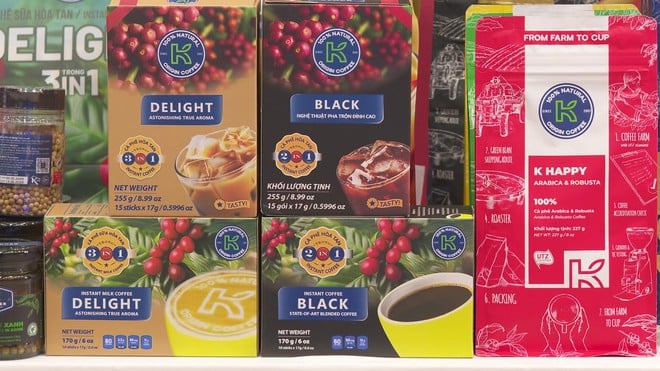
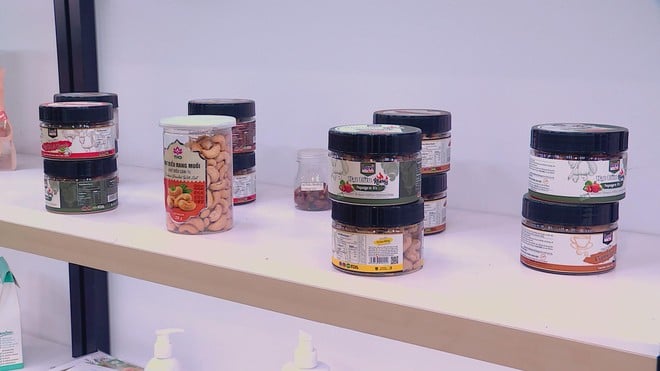
According to the official announcement from the Ministry of Industry and Trade, the US will impose a 20% reciprocal tax on Vietnamese goods exported to the US from August 7.
When asked: "Will the 20% tax on exports to the US create too much pressure for businesses when competing with countries with the same strong industry as Vietnam?", the representative of this coffee export brand shared that this is a challenge but also an opportunity.
Ms. Le Tran Tien Phuong Anh - In charge of exporting coffee and pepper products of K Coffee Company said: "There are challenges, because Vietnamese exported goods must have higher prices, causing a decrease in competitiveness. However, there are also opportunities, when the US currently has to import most of its raw coffee from Brazil or Ethiopia, because they cannot process it themselves. So now is the opportunity for us to promote to them deeply processed coffee products and specialty teas of Vietnam".
Sharing a positive view, in parallel with promoting the localization of raw materials, investing in production, and developing brands for export at high prices is what this enterprise is doing. This not only helps Vietnam avoid the risk of being subject to high taxes of up to 40% but also contributes to reshaping the supply chain.
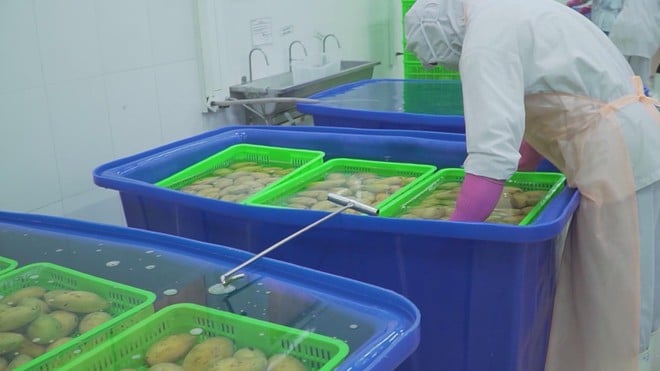
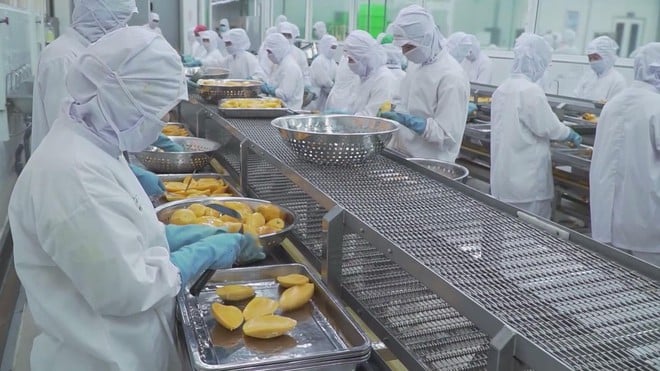
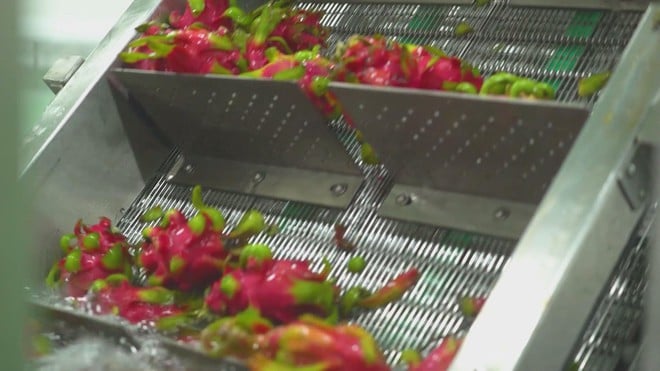
It is forecasted that the new tax rate on Vietnamese goods will more or less reduce export demand in the rest of 2025 and into 2026.
Chairman of 365 Group, Mr. Dinh Vinh Cuong, said that Vietnam is facing the challenge of a shortage of raw cashew nuts, having to import them from Cambodia and South Africa. To avoid being subject to a high tax of 40% due to concerns about transit goods, businesses have changed their strategy. Instead of exporting raw cashew nuts, they have switched to deep processing, seasoning and focusing on building their own brands. This is considered a direction to help increase product value and affirm the position of Vietnamese cashew nuts in the international market.
Despite being subject to higher taxes than ASEAN countries, businesses believe that the US tariff policy at this time is a lever for Vietnamese goods to gradually escape their previous position as "processing factories", strengthening internal strength for sustainable development.
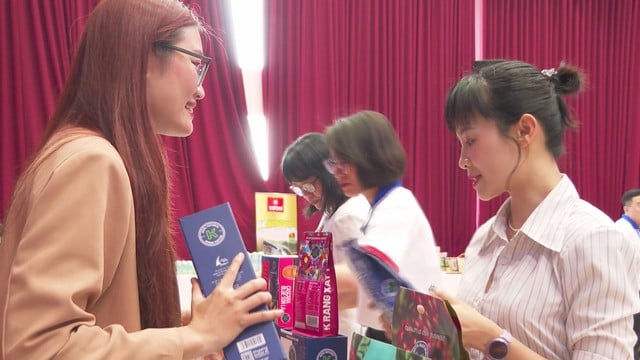
The US tariff policy is currently a lever to help Vietnamese goods escape the position of "processing factories", thereby strengthening internal strength and developing sustainably.
Ms. Le Tran Tien Phuong Anh - In charge of exporting coffee and pepper products of K Coffee Company, shared: "While Indonesia is subject to a 19% tax rate, lower than ours and mostly exports traditional products, Vietnam's processed coffee products have changed dramatically in the past 3 years. Vietnamese specialty coffee is now quite famous. Even tea from coffee husks (cascara) is also a unique specialty of ours".
Ms. Chau Nguyen Anh - Founder of LNS Trading Company Limited in the Australian market, emphasized: "The core of the business must still be the product." She believes that, regardless of the market, current quality standards are very high.
To reduce dependence on traditional markets, Ms. Chau Nguyen Anh said that mastering free trade agreements (FTAs) and tax incentives is extremely important. According to her, emerging markets such as Mexico or Africa are opening up many opportunities. Instead of focusing on solving just one problem, businesses can find new directions for sustainable development.
It is forecasted that the new tax rate on Vietnamese goods will more or less reduce export demand in the rest of 2025 and into 2026. However, the response solutions that have been and are being implemented are expected to help businesses quickly overcome challenges and take advantage of competitive opportunities for a longer journey.
Source: https://htv.com.vn/20-taxes-on-export-to-my-and-the-trade-case-of-vietnamese-businesses-222250807105736371.htm






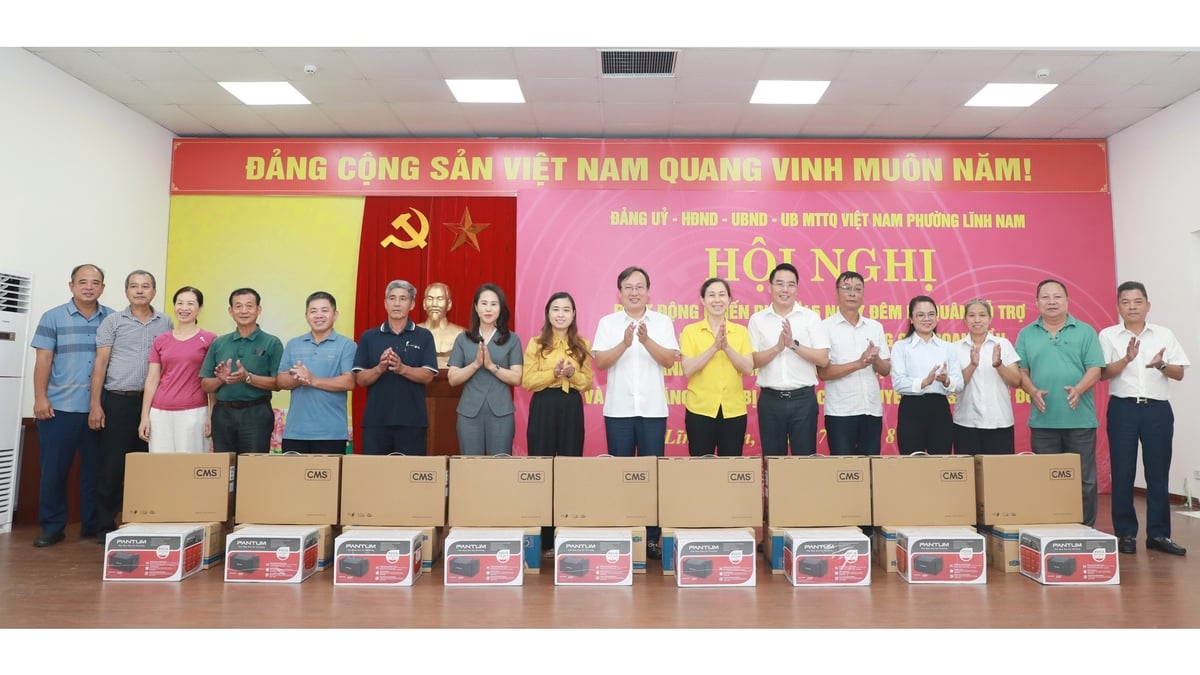
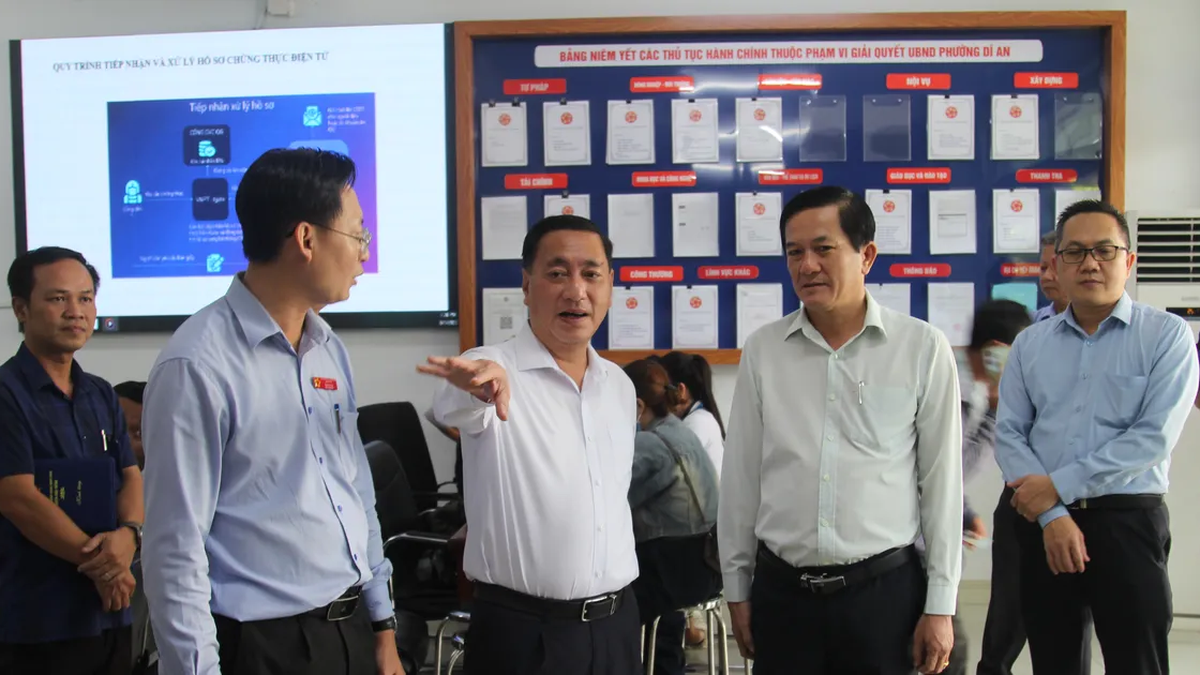
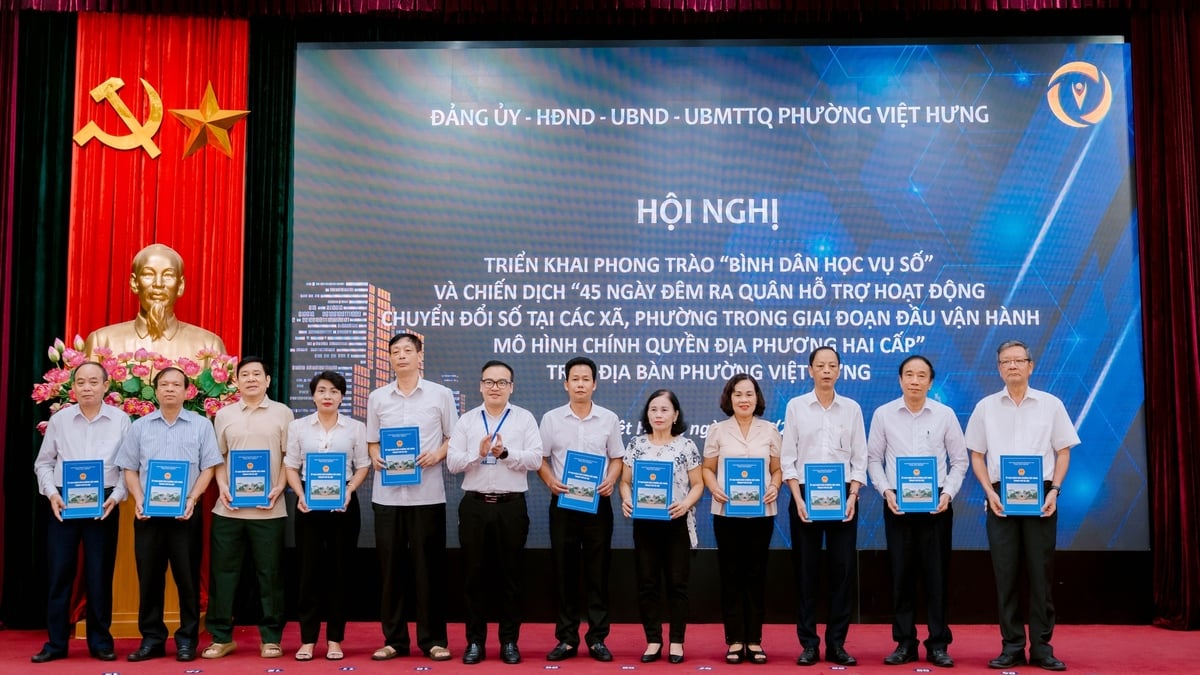
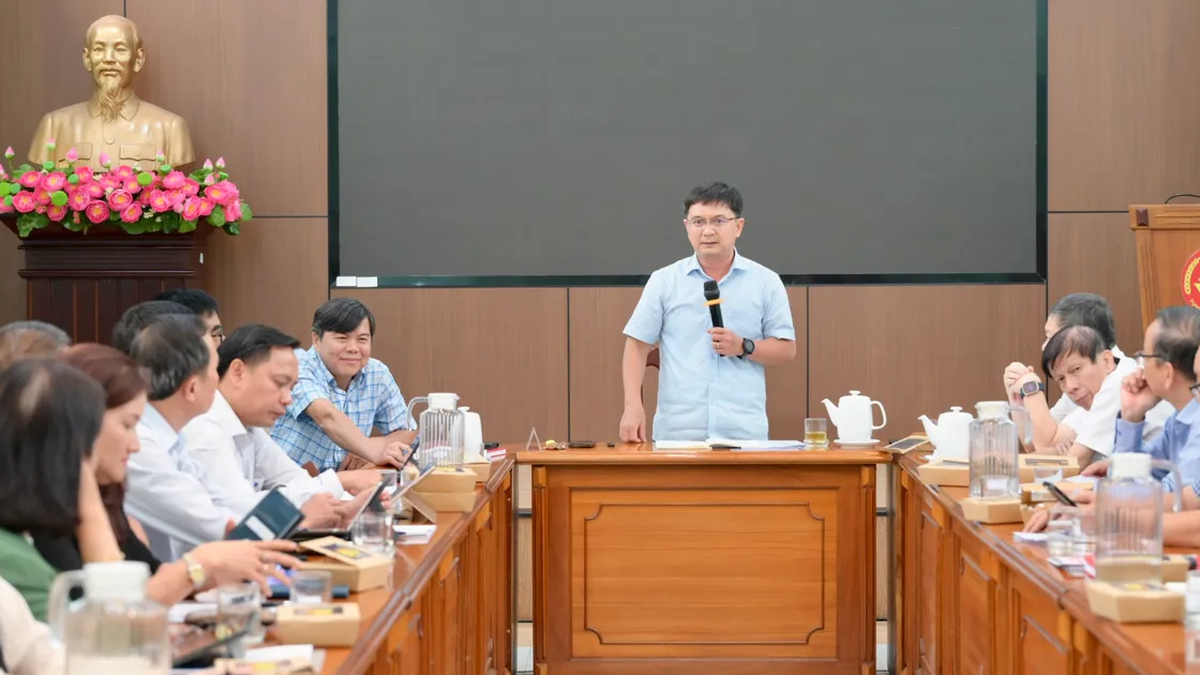

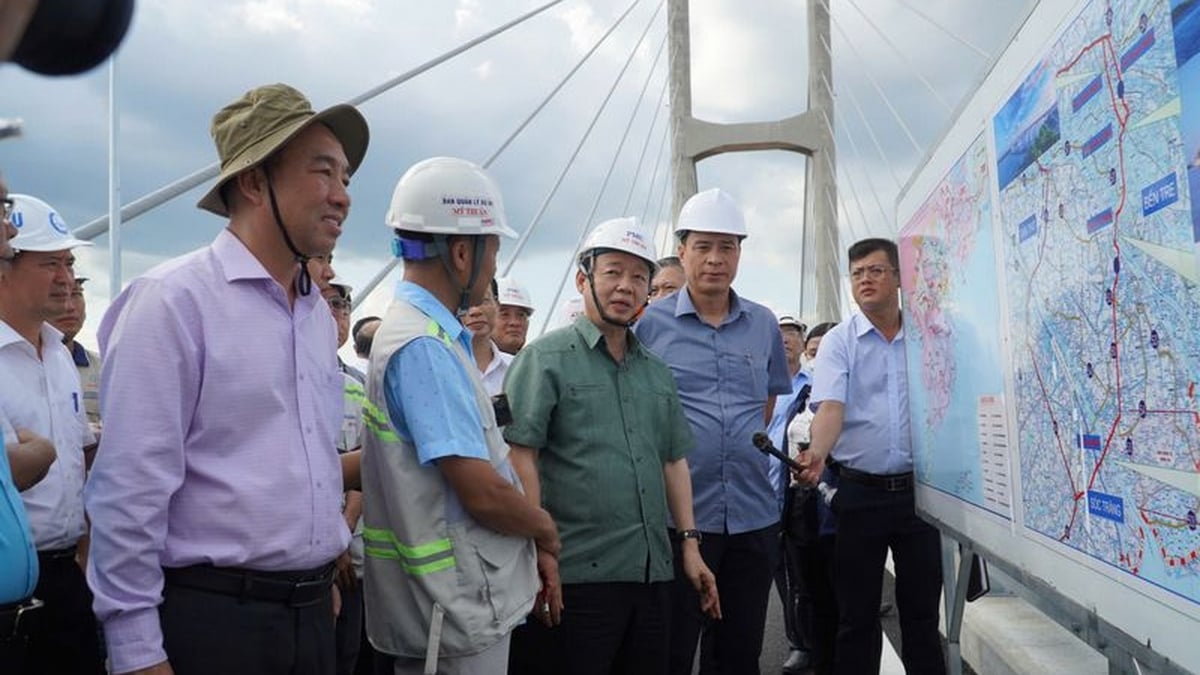
















![[Photo] Discover the "wonder" under the sea of Gia Lai](https://vphoto.vietnam.vn/thumb/1200x675/vietnam/resource/IMAGE/2025/8/6/befd4a58bb1245419e86ebe353525f97)


![[Photo] Nghe An: Provincial Road 543D seriously eroded due to floods](https://vphoto.vietnam.vn/thumb/1200x675/vietnam/resource/IMAGE/2025/8/5/5759d3837c26428799f6d929fa274493)

























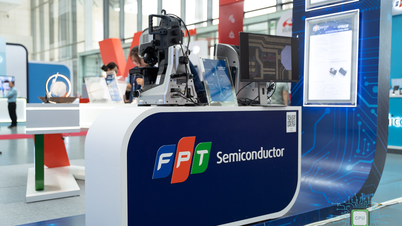




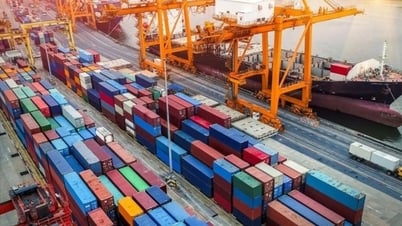
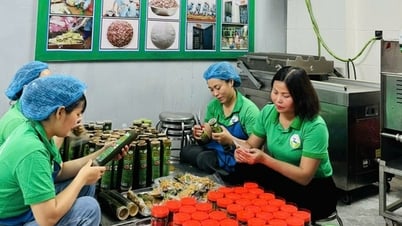







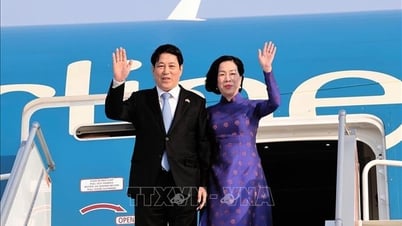





















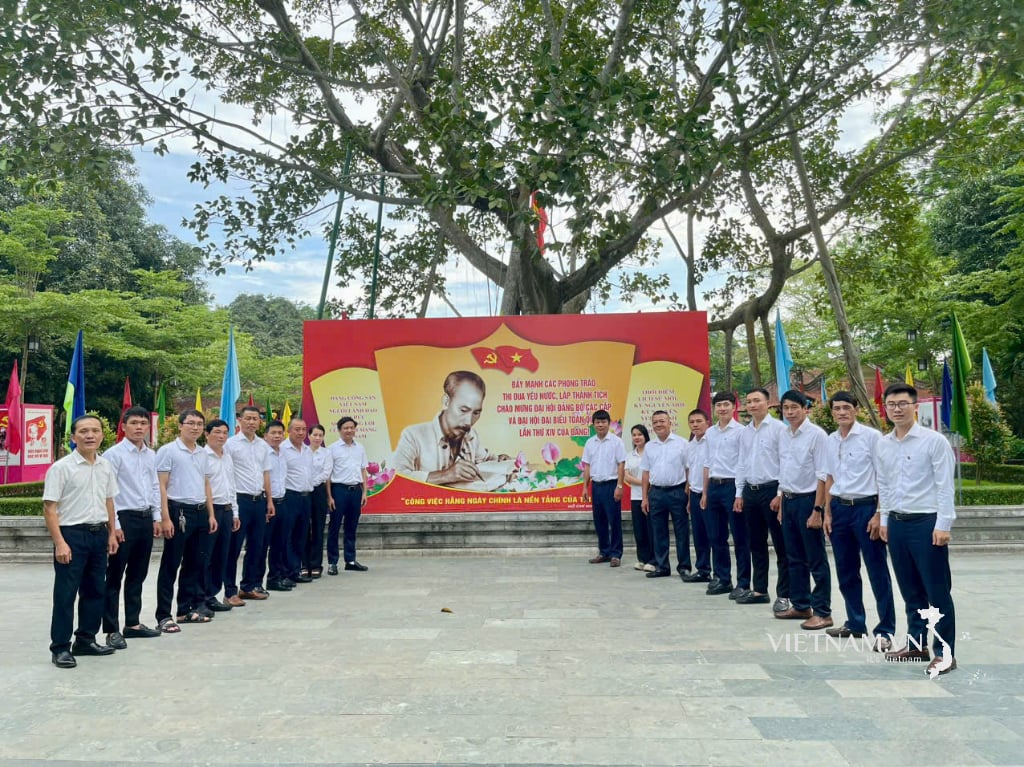


Comment (0)